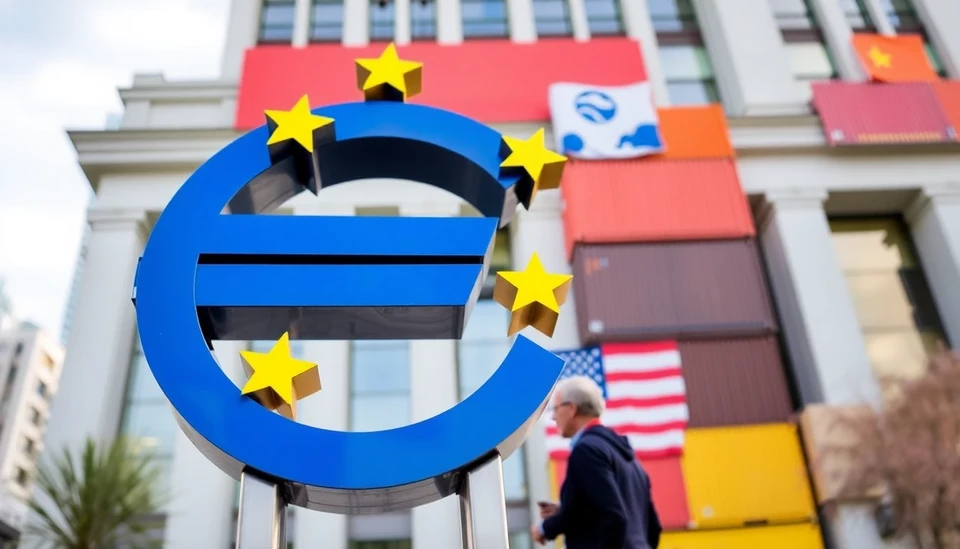
In a recent statement that captures the attention of both financial analysts and policymakers, Bundesbank President Joachim Nagel expressed concerns regarding the potential ramifications of impending US tariffs on European Central Bank (ECB) policy advancements. Speaking at an event in Frankfurt, Nagel emphasized that the tariffs, set to be enforced, could significantly complicate the ECB’s ongoing efforts to stabilize the economy amidst a backdrop of fluctuating inflation rates and a slowing growth trajectory in the Eurozone.
Nagel articulated his apprehension by stating that these tariffs could stifle economic activity and alter market conditions in Europe. He noted that if these tariffs lead to increased prices for goods and services, it may subsequently hinder the ECB’s ability to effectively manage inflation—a core component of its mandate. Nagel's comments come as the ECB navigates the delicate balance of maintaining economic stability while also responding to external factors such as trade policies set forth by the United States.
Moreover, the Bundesbank chief pointed out the interconnectedness of global economies. He remarked, “The measures that the U.S. administration is contemplating will have ripple effects across the Atlantic.” This is particularly pertinent as Europe continues to grapple with its own economic recovery from past shocks, not to mention the ongoing impacts of the pandemic and the war in Ukraine. The imposition of additional tariffs could further challenge the already burdened supply chains and fuel inflationary pressures.
Market analysts are already preparing for increased volatility as they assess the risks tied to this geopolitical maneuvering. Many experts are concerned that the tariffs could intensify inflation in Europe, prompting the ECB to alter its interest rate strategies. As of now, the central bank has been cautiously optimistic, having recently signaled a potential pause in interest rate hikes to help soothe economic growth. However, Nagel’s warnings suggest that external pressures like U.S. tariffs might force a reevaluation of this stance.
In summary, Nagel’s remarks underline a broader concern within the ECB about external shocks impacting monetary policy efficacy. Policymakers in Europe face the difficult task of shielding their economies from international trade disputes while striving to maintain favorable economic conditions domestically—a delicate act that may soon be tested by the dynamics of U.S. trade policies.
As this situation unfolds, all eyes will be on both the ECB's next strategic moves and the potential responses from the U.S. administration, as stakeholders on both sides of the Atlantic brace themselves for the implications of potentially disruptive trade measures.
#ECB #USRelations #Tariffs #Inflation #GlobalEconomy #EuropeanCentralBank #JoachimNagel #EconomicPolicy
Author: Daniel Foster




